
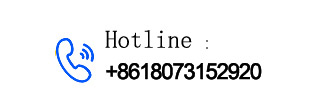
— Blogs —
—Products—
 Consumer hotline +8618073152920
Consumer hotline +8618073152920 WhatsApp:+8615367865107
Address:Room 102, District D, Houhu Industrial Park, Yuelu District, Changsha City, Hunan Province, China
Product knowledge
Time:2024-10-02 20:30:06 Popularity:1491
Wireless weather station: wireless communication technology is used for data transmission, such as Wi-Fi, Bluetooth, mobile network (e.g. 4G, 5G) or satellite communication. This way avoids the need for a large amount of wiring, reduces the cost and difficulty of installation, and at the same time makes the data transmission no longer subject to the limitations of geographic location.
Wired weather station: data transmission is carried out by wired means, such as cables and optical fibres. This method requires laying lines, increasing the installation cost and complexity, and data transmission is limited by the length of the line.
Wireless weather station: more flexible deployment, can be installed in remote areas, mountains, deserts, oceans and other sparsely populated areas, not subject to geographical location and line laying restrictions.
Wired weather station: deployment is relatively fixed, need to take into account the feasibility and cost of line laying, usually applicable to urban or fixed area weather monitoring.
Wireless weather station: As a result of avoiding a large number of wiring, the maintenance cost due to line aging, damage and other reasons is reduced. At the same time, wireless weather station usually adopts modular design, which makes the installation and maintenance more simple and convenient.
Wired Weather Station: Regular inspection and maintenance of the wiring is required to ensure the stability and reliability of data transmission. Problems such as line aging and damage may lead to increased maintenance costs.
Wireless weather station: data are transmitted over long distances through wireless communication modules, which reduces the impact of natural disasters such as lightning strikes on the equipment and improves the safety of normal use of the equipment.
Wired weather station: When monitoring in the field during thunderstorms, there is a risk of being struck by lightning due to the need to lay various lines, which may lead to damage of the equipment.
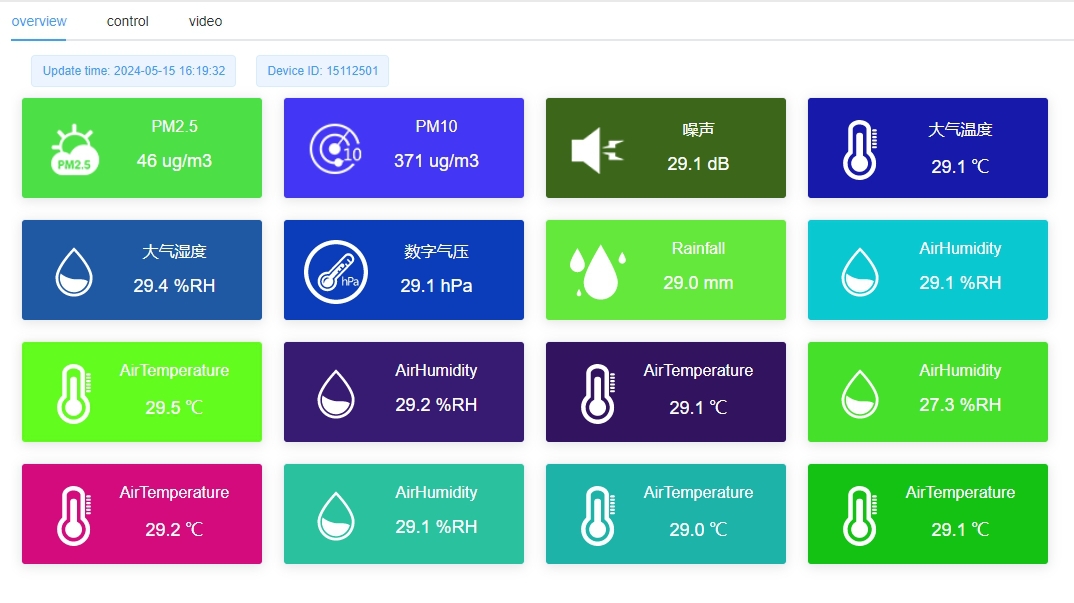
Wireless weather station: more suitable for flexible deployment, remote monitoring and data transmission scenarios, such as agricultural environment monitoring, forest fire hazard early warning, marine meteorological monitoring.
Wired weather station: more suitable for fixed areas, the stability of data transmission and real-time requirements of the scene, such as urban traffic weather monitoring, airport weather monitoring.
To sum up, wireless weather station and wired weather station have their own advantages and disadvantages, the user should choose according to the specific application scenarios and needs for trade-offs. Wireless weather station with its flexible deployment, low maintenance costs, high security, etc., in agriculture, forestry, marine and other fields have been widely used; while wired weather station with its data transmission stability and high real-time, suitable for fixed-area monitoring, etc., in the urban traffic, airports and other fields play an important role.
Regarding the price comparison between wireless weather station and wired weather station, in general, the initial hardware installation cost of wired weather station may be higher because it needs to lay wired communication lines such as cables or optical fibres, which involves the cost of various aspects such as line materials and construction costs.
Wireless weather stations, on the other hand, dispense with these wiring costs and may therefore be relatively low in initial investment. However, it should be noted that wireless weather stations may incur data transmission costs during operation, especially when mobile networks are used for data transmission.
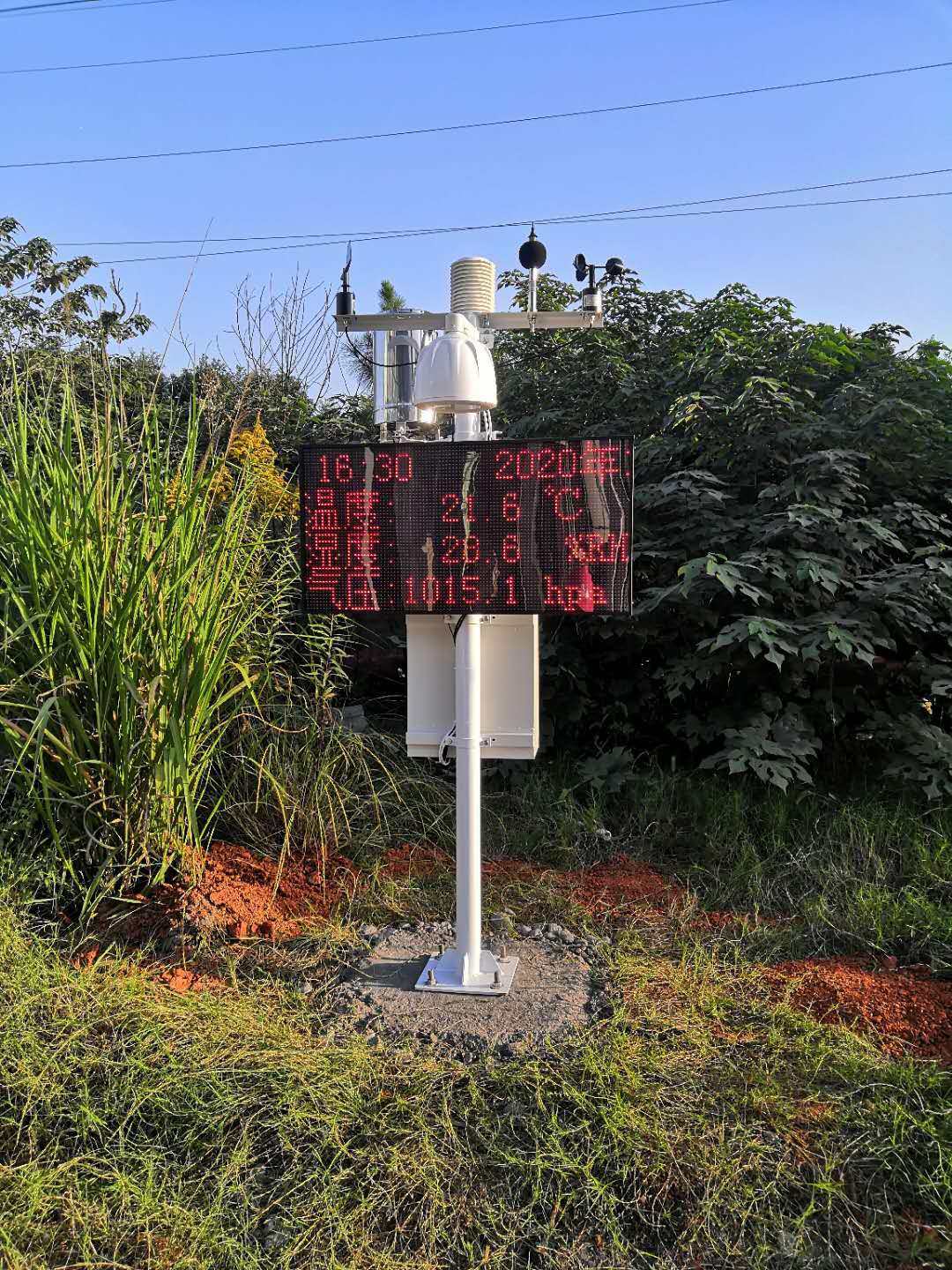
As for the environments for which both are suitable, each has its own characteristics:
Environment: Wireless weather stations are more suitable for scenarios that require flexible deployment, remote monitoring and data transmission. For example, agricultural environmental monitoring, forest fire warning, marine meteorological monitoring and other fields, these environments are often complex terrain, wiring difficulties, or the need for rapid response and mobile monitoring.
Advantage: Wireless weather stations have the advantages of portability, real-time monitoring and high data accuracy, and can be quickly deployed to different sites for monitoring and recording, so that meteorological observation is no longer restricted to a particular location.
Applicable environment: wired weather station is more suitable for use in fixed areas, scenes with high requirements for data transmission stability and real-time. For example, urban traffic meteorological monitoring, airport meteorological monitoring and other fields, these environments need to ensure the accurate transmission of data and real-time monitoring to provide decision-making support and security.
Advantage: Wired weather station transmits data by wired means, which has the advantages of high transmission stability, accurate and reliable data, and can ensure the real-time transmission and stability of meteorological data.
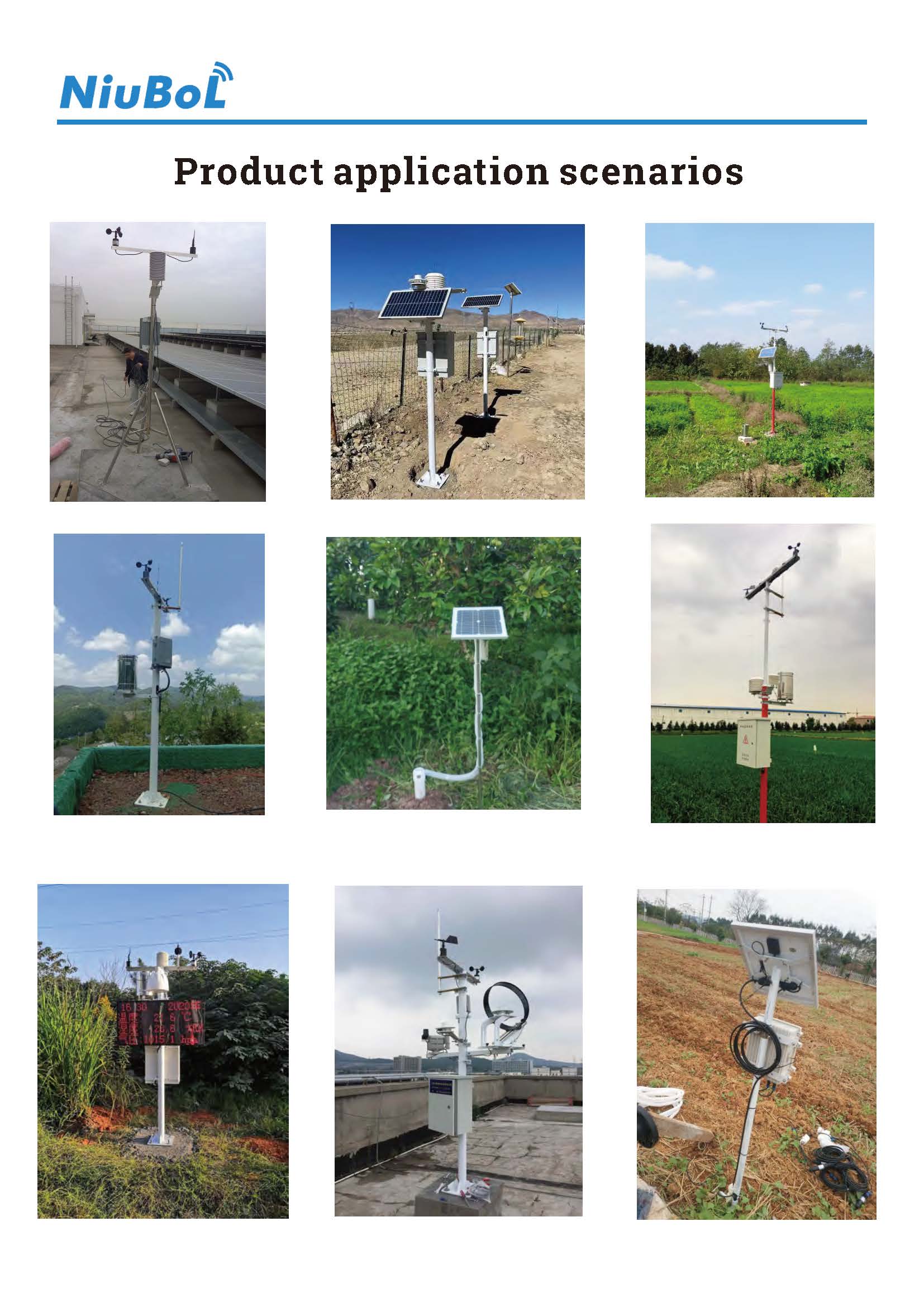
In summary, wireless weather station and wired weather station have their own advantages and disadvantages and applicable environment. When choosing, it is necessary to weigh them according to the specific application scenarios and needs. If you need to monitor in remote areas or complex terrain, or need fast response and mobile monitoring, then wireless weather station may be more suitable; if you need to carry out long-term and stable monitoring in a fixed area, and the stability of data transmission and real-time requirements are higher, then wired weather station may be more suitable.
Related recommendations
Sensors & Weather Stations Catalog
Agriculture Sensors and Weather Stations Catalog-NiuBoL.pdf
Weather Stations Catalog-NiuBoL.pdf
Related products
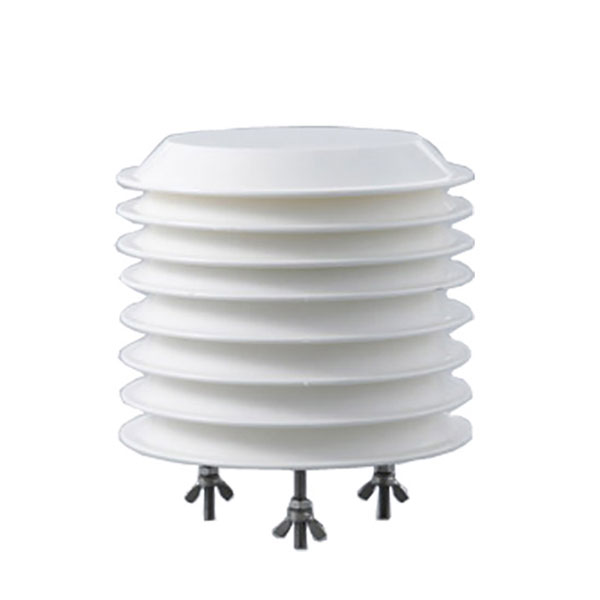 Combined air temperature and relative humidity sensor
Combined air temperature and relative humidity sensor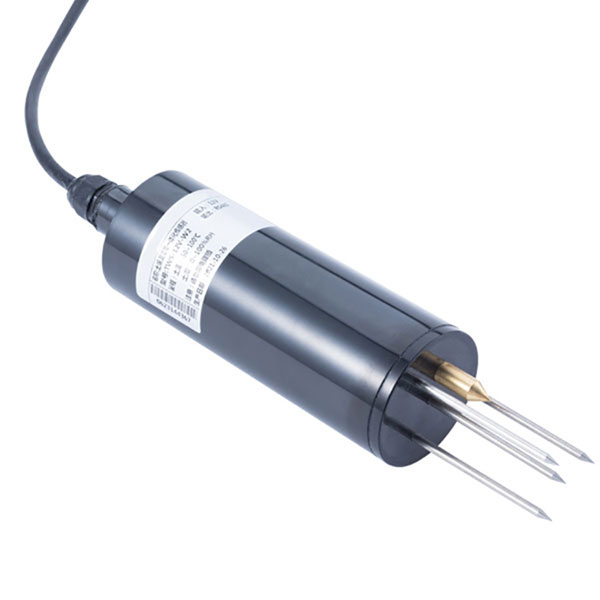 Soil Moisture Temperature sensor for irrigation
Soil Moisture Temperature sensor for irrigation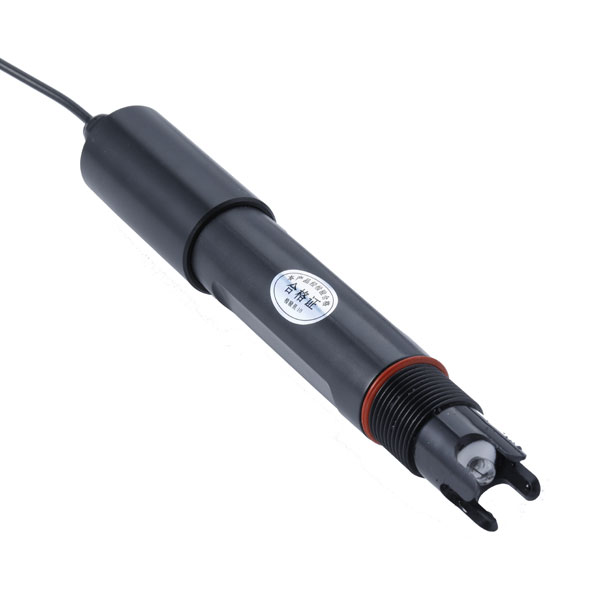 Soil pH sensor RS485 soil Testing instrument soil ph meter for agriculture
Soil pH sensor RS485 soil Testing instrument soil ph meter for agriculture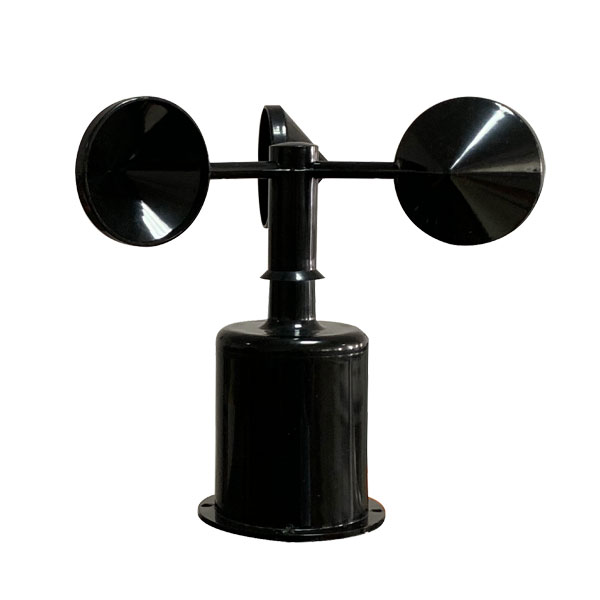 Wind Speed sensor Output Modbus/RS485/Analog/0-5V/4-20mA
Wind Speed sensor Output Modbus/RS485/Analog/0-5V/4-20mA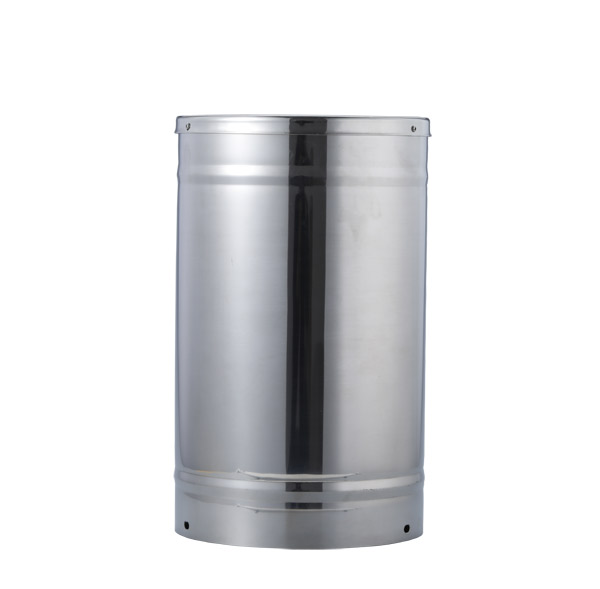 Tipping bucket rain gauge for weather monitoring auto rainfall sensor RS485/Outdoor/stainless steel
Tipping bucket rain gauge for weather monitoring auto rainfall sensor RS485/Outdoor/stainless steel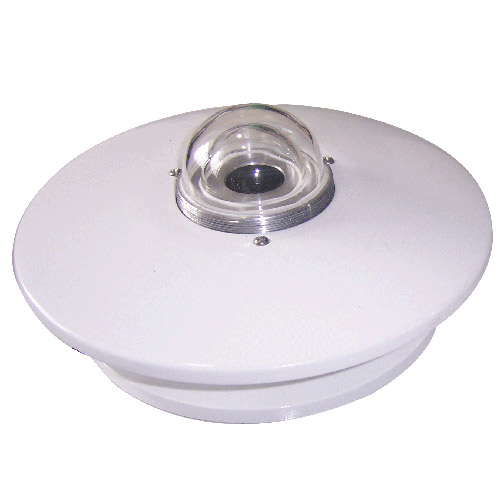 Pyranometer Solar Radiation Sensor 4-20mA/RS485
Pyranometer Solar Radiation Sensor 4-20mA/RS485
Screenshot, WhatsApp to identify the QR code
WhatsApp number:+8615367865107
(Click on WhatsApp to copy and add friends)
